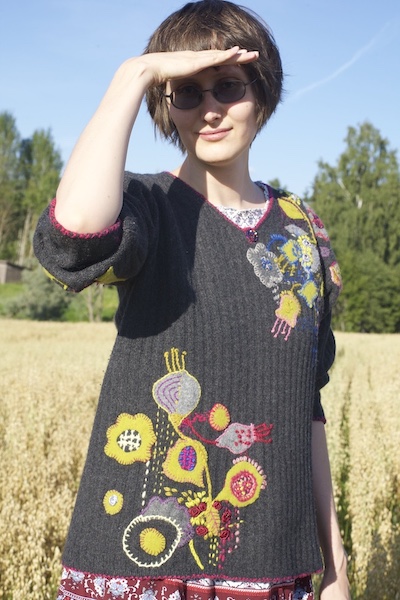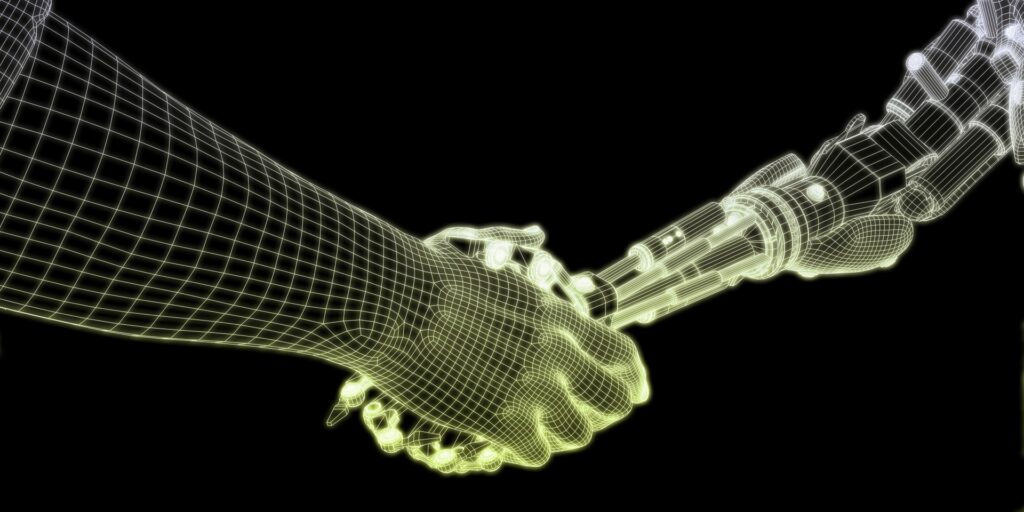Auli Viidalepp is currently in the process of completing her PhD in semiotics at University of Tartu. Her research focuses on AI as a concept including the connotations and associations of AI arising from cultural and historical background.
We might think that automation technology is a very new concept. However, Viidalepp refers to temple mechanics from Ancient Greece that were used to convince people that there was a god, because something was moving on its own. Another example is 18th century watchmaker Pierre Jaquet-Droz, who made several famous automata still working today, including one capable of drawing four pictures and writing three poems. Viidalepp says that AI software is another layer to the mechanic (hardware) layer.
Viidalepp has been an active member of LITHME working group 6: Ideologies, beliefs and attitudes. The WG’s focus seemed like a perfect match for her research topic. The beginning of LITHME coincided with the new normal of the COVID-19 pandemic. As such, it was natural to meet online. Viidalepp says that taking part in working group 6 was influential and in a way essential for her research work.
“Just listening to other people talking and discussing was eye-opening. In the beginning it was difficult to know how I could contribute to this. I was able to meet in person for the first time in Dublin. I learned a lot about the application of AI in linguistics that I would not have been able to do otherwise.”
Viidalepp hopes for working group 6, as well as for the whole LITHME network to continue collaboration with bringing together researchers from all over the world. LITHME could be a platform for creating courses and projects together. Viidalepp wants to highlight how exceptional LITHME is in the research space, because there is a possibility for dialogue with researchers from different fields, where everyone has a space to share their own perspectives. In addition, the process of becoming a member is open for anyone interested, be it someone with a research background or someone creating different types of technology.
Hearing different perspectives opens new doors and brings into consideration ideas that would not have been realised without the dialogue. In addition, it is possible to have talks and meetings for very specific research areas. These discussions would be much more difficult to arrange in a traditional seminar.
During her time with LITHME, Viidalepp has been able to grow as a researcher. Recently she has been able to see how LITHME works as an organisation, and she is looking forward to learning more in her future position as grant coordinator. She will oversee evaluating grant applications, project plans as well as be part of the plans for the next grant call for applications.
Auli Viidalepp was interviewed by LITHME assistant, Enni Kuusela.


